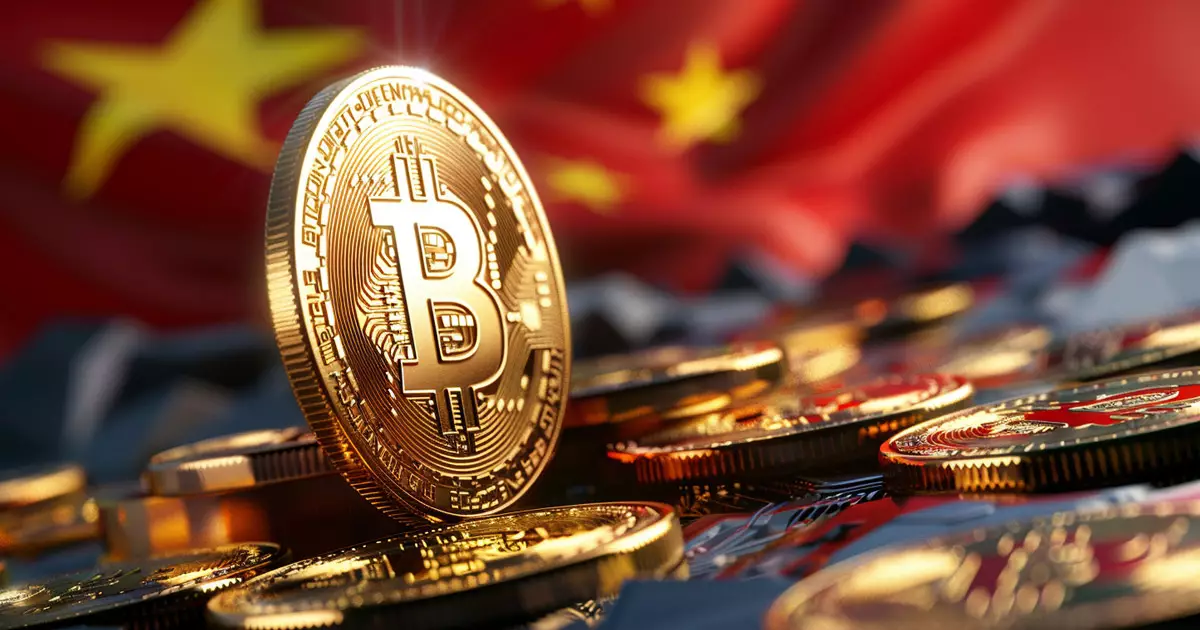As we delve deeper into the landscape of cryptocurrency, one potential factor that could significantly reshape its trajectory is the impact of leadership changes in the United States. The CEO of Hashkey Group, Xiao Feng, has posited that a pro-crypto administration under Donald Trump could motivate China to re-evaluate its stringent regulations regarding digital assets. This viewpoint brings to light the interconnectedness of global economies and regulatory frameworks in shaping the future of cryptocurrencies.
According to Feng, clarity in crypto regulations from the US could compel China to soften its historically hardline approach. He emphasized that if US lawmakers take deliberate steps to advocate for digital assets, it might induce a shift in China’s perspective towards cryptocurrencies. This insight reflects a broader understanding that regulatory environments play a critical role in the adoption of emerging technologies. Should the US Congress prioritize supportive crypto legislation, it could create a competitive framework that forces China to reconsider its restrictive policies. The essence of Feng’s argument lies in the belief that legislative initiatives from a major player like the US can trigger a ripple effect across nations with entrenched regulatory stances.
Donald Trump’s 2024 campaign has placed a spotlight on the cryptocurrency sector, pledging significant reforms that could unravel the existing regulatory chokehold, particularly on the Securities and Exchange Commission (SEC). His commitment to dismiss the SEC Chair and reverse policies perceived as inhibiting innovation could foster a more favorable environment for crypto development in the US. The current administration’s viewpoint on crypto will not only affect domestic markets but could also alter international perceptions, particularly in countries like China.
Feng identified regulated stablecoins as a possible gateway for China to engage with the crypto ecosystem, highlighting their role in cross-border trade. The emergence of stablecoins offers a viable solution for businesses seeking efficient and transparent transaction methods in a global marketplace fraught with volatility. Their growing adoption has already enhanced global financial operations, especially in regions struggling with economic challenges. As of 2024, the increasing market cap of stablecoins signals their growing significance, with many users embracing them as an alternative to traditional currency methods.
Xiao Feng’s insights into the potential influence of a Trump-led U.S. administration on China’s cryptocurrency policies reveal the complexities and implications of global finance and regulations. The interdependencies between regulatory frameworks in different countries underscore a pivotal moment for the cryptocurrency sector. As digital assets become more critical in global trade, the relations between major economies like the U.S. and China will likely shape their future, making it imperative for stakeholders to pay close attention to policy developments. The evolving landscape suggests that while China may have maintained a conservative stance thus far, the possibility of integration into the global crypto market could be on the horizon, driven by shifts in regulatory attitudes.


Leave a Reply